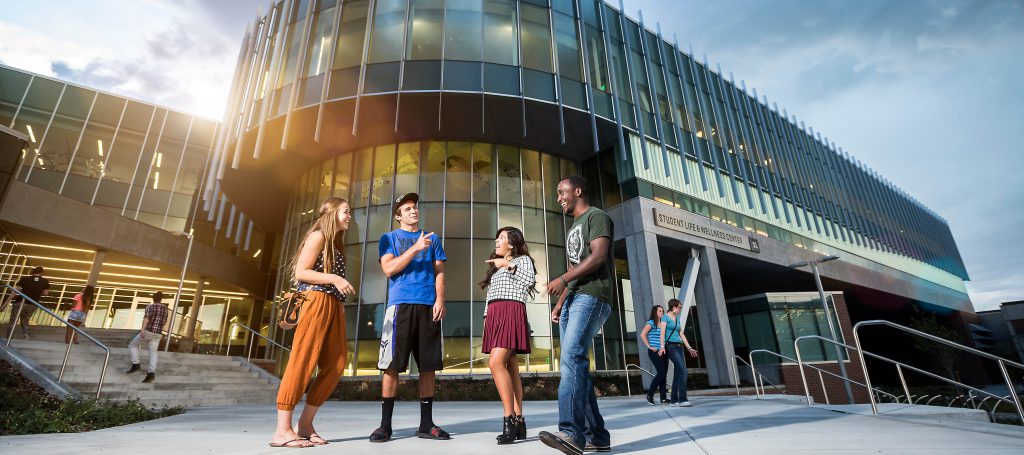Following the 2019 Legislative Session and the adoption of tuition policy changes from the November 2018 Board of Regents meeting, the Board will review and act on tuition adjustment proposals for the 2019-20 academic year from institutions in the Utah System of Higher Education, including a new online-only tuition schedule.
Previously, tuition at USHE institutions was uniformly increased across the system as part of a two-tiered structure. This practice was discontinued at the November 2018 Board of Regents meeting to simplify, clarify, and streamline the tuition-setting process. These changes increased transparency and allowed for greater public input.
This year, each of the eight USHE institutions has engaged in a robust and thorough review of their operational budgets including consideration of the new funds received by the legislature for the 2019-20 fiscal year. Even with the new funds, there are still institution priorities on campus that need new funds in order to implement fully.
Each institution has held Truth-in-Tuition hearings, met with student leaders, and presented its tuition proposals to its respective Board of Trustees. Student involvement at the hearings ranged from 35 to more than 100 students in attendance.
This year’s institution tuition rate proposals range from 0 – 5 percent, with an overall system average tuition rate increase of 2.46 percent. Each institution will present to the Board during the March 28 Board of Regents Tuition Hearing.
For 2019-20, the University of Utah is proposing an online-only tuition and fees schedule effective spring 2020 of $260 per credit hour ($200 tuition, $60 fee).
In addition, the Board may authorize differential tuition requests for new and existing academic programs. These differential tuition increases are beyond the regular institutional tuition increase proposals which will be reviewed by the Board and may be approved on a case-by-case basis.
The Board will also consider changes in student fees. General student fees are in addition to tuition and intended to help support various institution programs or needs such as student activities, building, buildings, athletics, student health, technology, and transportation. Each institution has a student fee advisory board to oversee the creation, review, and maintenance of required student fees. The institution proposals for student fee increases range from 0 – 3 percent, with a system average of 2.1 percent.


